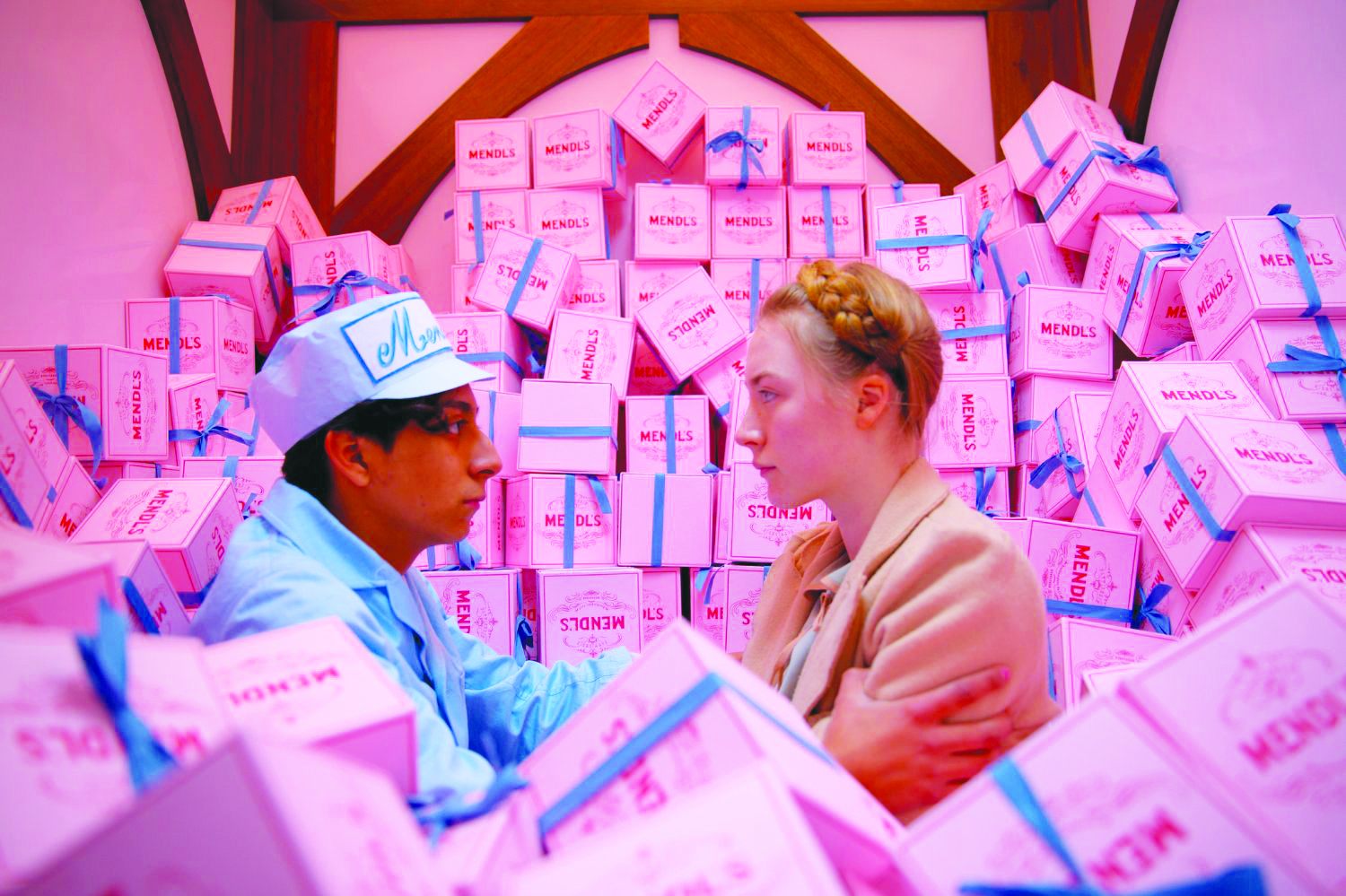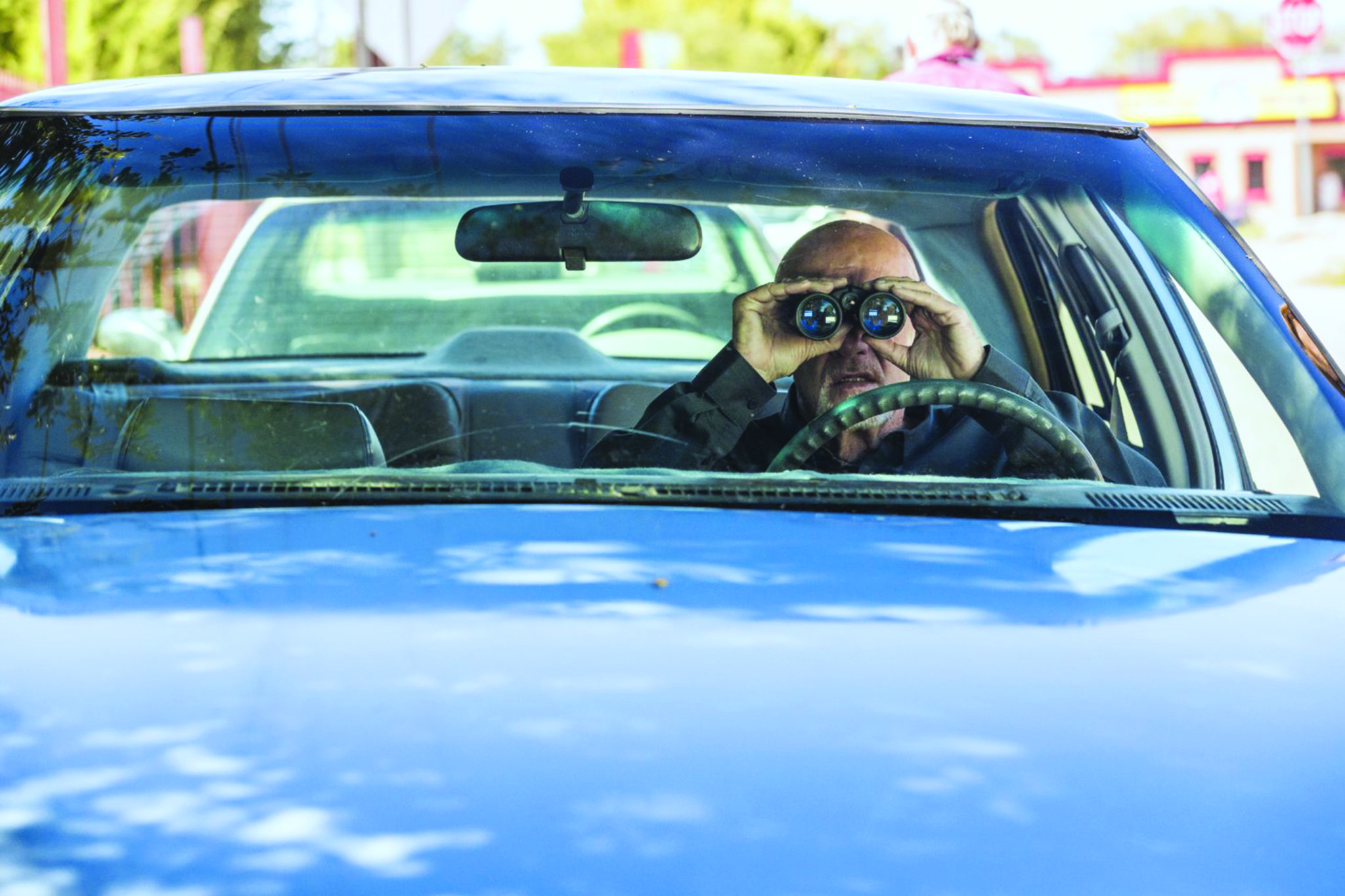By David Templeton
“Pulp Fiction!”
Whit, the young man seated to my right—one of about 20 in a large semi-circle of teenage film aficionados—is the first to raise his hand in answer to my two-part question, “What is your favorite movie? And why?”
My stipulation is that, if at all possible, all answers should be concise, clear and contained in a single sentence.
“So, Pulp Fiction,” begins Whit, carefully, “is an outstanding ovation to how people behave in relationships, and it takes a very neat turn on the whole mobster scenario, where instead of having this really serious, down-to-earth tone, you have these really goofy characters who can get down-to-earth, but they also do a lot of funny stuff on screen.”
That is a very functional, well-observed critique of the acclaimed Oscar-nominated 1994 Quentin Tarantino game-changer, which actually is primarily a film about relationships—though a lot of people wouldn’t have led with that observation, choosing instead to talk about profanity employed as urban poetry, unconventional storytelling and how exploding heads can, under the right circumstances, be funny.
“I also think it’s one of the greatest films ever made,” he adds. “Though to be honest, most of the time, I’d rather watch something like Blazing Saddles.”
Ok. Three sentences.
It’s day number four of BEHIND THE SCENES movie camp, one of several weeklong “camps” offered as part of the California Film Institute’s annual Summerfilm immersive youth film appreciation program. Having already had a working session with film directors, documentarians, actors, horror make-up artists, voice-over artists, long-form improvisational performers, art directors and a sound designer, the students get to spend an hour this afternoon with a film critic. That would be me.
As is often the case, the most lively portion of the session is when I turn the focus on the students themselves, asking them to explain what makes a film work for them, and to defend that position, if necessary.
“Favorite film and why, one sentence,” I repeat, calling on Sebastian, sitting directly ahead.
“Grand Budapest Hotel, by Wes Anderson,” he says. “Probably because, every scene is set up so perfectly, that if you pause the movie, at any point, whatever you’ve stopped on would make a perfect photograph, perfectly framed and designed. You could sell that movie scene by scene, as a series of unrelated photographs, and it would still sell, it’s that well-made.”
That’s technically two sentences, but a unified thought, and an impressive description of Wes Anderson’s strong visual sensibilities.
“Um, the Chucky movies … Child’s Play and the whole series of horror films that came after that,” says Robert. “I really do like those Chucky movies, mainly because, yes, they’re gruesome, but they also have a lot of comedy, and you wouldn’t think it would work, but it does, which is actually kind of impressive.”
“Comedy and horror do work surprisingly well together,” I agree.
Earlier in the session, I described what I see as the difference between those movies we’d call “great films” and those we’d name as our “favorite films,” stating that “favorites” are generally choices made from personal responses, and the “best” or “greatest” films are more intellectual or academic judgments.
“Which can overlap,” I remark, “but don’t have to, to be valid.”
The list of films that the participants create together quickly forms a varied, telling and fairly colorful composite of modern cinematic benchmarks. Titanic. Fanny and Alexander. Mad Max: Fury Road. Fargo. Rushmore. Goodfellas. The Big Lebowski. Her. Inglourious Basterds.
After a tangent about the Coen Brothers’ The Hudsucker Proxy, I state my belief that critiquing a film is a personal thing, that if you know what’s important to you in a film, and you hold movies to that standard, you are doing your job as a critic. And no one can tell you that you’re wrong.
“One of my personal favorite movies is The Princess Bride,” offers Fiona, “and I think I like it because it’s a classic, sort-of fairy-tale-esque movie, but then it’s different, it’s funny and it’s ironic, and you can’t always predict what’s going to happen. But it’s mainly just a great story.
“And that, a really good story,” she continues, “that’s really important to me in a movie.”











